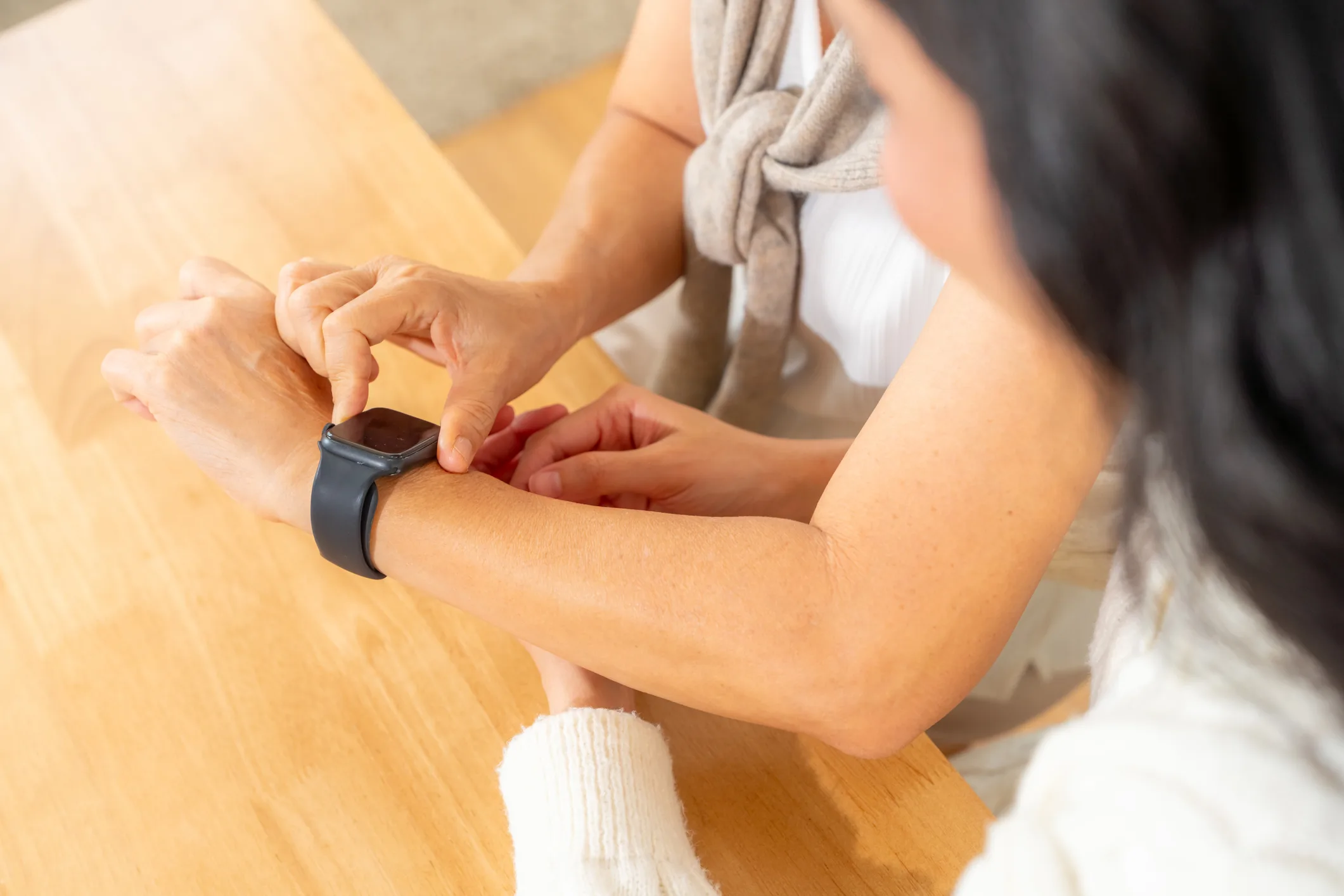Walking is one of the simplest and most effective ways to improve your health. For years, the goal of 10,000 steps per day has been widely promoted, but recent studies suggest that walking 6,000 steps daily can provide many of the same benefits without the pressure. Let’s explore why 6,000 steps might be a more practical and sustainable goal for you.
Why Choose 6,000 Steps?
- Time-Saving: Walking 6,000 steps takes about 45 to 60 minutes, which is easier to fit into a busy schedule compared to the 90 minutes or more needed for 10,000 steps.
- Achievable Consistency: This lower target is more realistic for most people, helping you maintain consistency and avoid burnout.
Health Benefits of Walking 6,000 Steps
- Heart Health: Walking 6,000 steps daily can significantly reduce the risk of heart disease, improve circulation, and lower blood pressure. The benefits are similar to those of walking 10,000 steps, making it an effective option for maintaining heart health.
- Joint Health: Walking is gentle on your joints, keeping them flexible and lubricated. It also reduces the risk of overuse injuries that can come with excessive walking.
- Mental Well-being: Walking reduces stress, improves your mood, and enhances cognitive function. The mental health benefits are similar whether you walk 6,000 or 10,000 steps per day.
- Weight Management: Walking 6,000 steps supports your metabolism and helps with weight maintenance without requiring too much exertion. When combined with a balanced diet, moderate physical activity is more effective than just increasing step counts.
- Perfect for Beginners: For older adults or those new to exercise, starting with 6,000 steps is safer and more realistic than aiming for 10,000 steps right away. It allows you to build endurance gradually.
Focus on Quality Over Quantity
Instead of just focusing on the number of steps, consider the quality of your walk. Walking briskly with proper posture provides greater cardiovascular and muscular benefits than walking slowly just to hit a high step count. A lower step goal allows you to focus on your technique and overall fitness quality.
Sustainability Matters
Consistency is key in any fitness routine. Setting achievable goals like walking 6,000 steps daily helps you establish lasting habits that become second nature over time. Unlike higher targets that might feel overwhelming, this moderate goal encourages flexibility in incorporating movement into your daily life—such as taking the stairs, walking during phone calls, or enjoying short walks during breaks.
Takeaway
While 10,000 steps per day remains a popular goal, walking 6,000 steps offers significant health benefits that are more practical for many people. By prioritizing achievable goals and focusing on long-term consistency rather than sheer numbers, you can enjoy improved heart health, joint flexibility, mental well-being, and weight management without unnecessary strain or pressure. Ultimately, the key to a successful walking routine lies in tailoring it to your lifestyle needs and embracing movement as part of everyday life.
Source:
Cardiovascular disease: Walking 6,000+ steps daily may lower risk for older adults
How Many Steps a Day Should You Take to Improve Your Heart Health?











